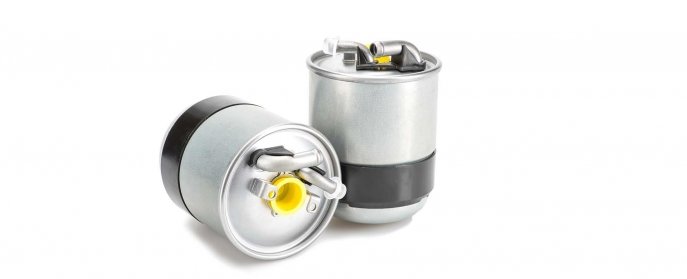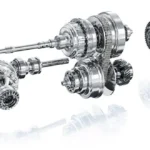
What Is a Fuel Filter and What Does It Do?
Introduction
When it comes to the smooth operation of a vehicle, there are several components that play a crucial role. One such component is the fuel filter. While often overlooked, the fuel filter is an essential part of a vehicle’s fuel system. In this article, we will explore what a fuel filter is and what it does.
What is a Fuel Filter?
A fuel filter is a small device that is installed in the fuel line of a vehicle. It is designed to remove impurities and contaminants from the fuel before it reaches the engine. The fuel filter acts as a barrier, preventing dirt, rust, debris, and other particles from entering the engine and potentially causing damage.
Fuel filters come in different shapes and sizes, depending on the make and model of the vehicle. They are typically made of a metal or plastic housing that contains a filtering element. The filtering element is usually made of a porous material, such as paper or fabric, that traps the impurities while allowing the clean fuel to pass through.
How Does a Fuel Filter Work?
The fuel filter works by capturing and trapping impurities present in the fuel. As the fuel flows through the filter, the impurities get caught in the filtering element, while the clean fuel passes through and continues its journey to the engine.
Over time, the filtering element becomes clogged with the accumulated impurities. This can restrict the flow of fuel and reduce the efficiency of the engine. To prevent this, it is important to regularly replace the fuel filter as recommended by the vehicle manufacturer.
Why is a Fuel Filter Important?
A fuel filter is important for several reasons:
- Engine Protection: The primary function of a fuel filter is to protect the engine from contaminants. By removing impurities from the fuel, the filter helps prevent damage to sensitive engine components, such as fuel injectors and carburetors.
- Improved Fuel Efficiency: A clean fuel filter ensures a consistent flow of clean fuel to the engine. This helps optimize fuel combustion and improves fuel efficiency, resulting in better mileage and lower fuel consumption.
- Extended Engine Life: By preventing contaminants from entering the engine, a fuel filter helps prolong the life of the engine. It reduces the risk of clogs, corrosion, and other issues that can lead to costly repairs or even engine failure.
Signs of a Clogged Fuel Filter
Over time, a fuel filter can become clogged with debris and contaminants. Some common signs of a clogged fuel filter include:
- Engine hesitation or stalling
- Difficulty starting the engine
- Decreased acceleration or power
- Engine misfires
- Increased fuel consumption
- Unusual engine sounds
If you experience any of these symptoms, it is important to have your fuel filter checked and replaced if necessary.
Conclusion
A fuel filter may be a small component, but it plays a vital role in keeping a vehicle’s fuel system clean and functioning optimally. By removing impurities from the fuel, it helps protect the engine, improve fuel efficiency, and extend the engine’s lifespan. Regular maintenance and timely replacement of the fuel filter are essential for the smooth operation of a vehicle.




